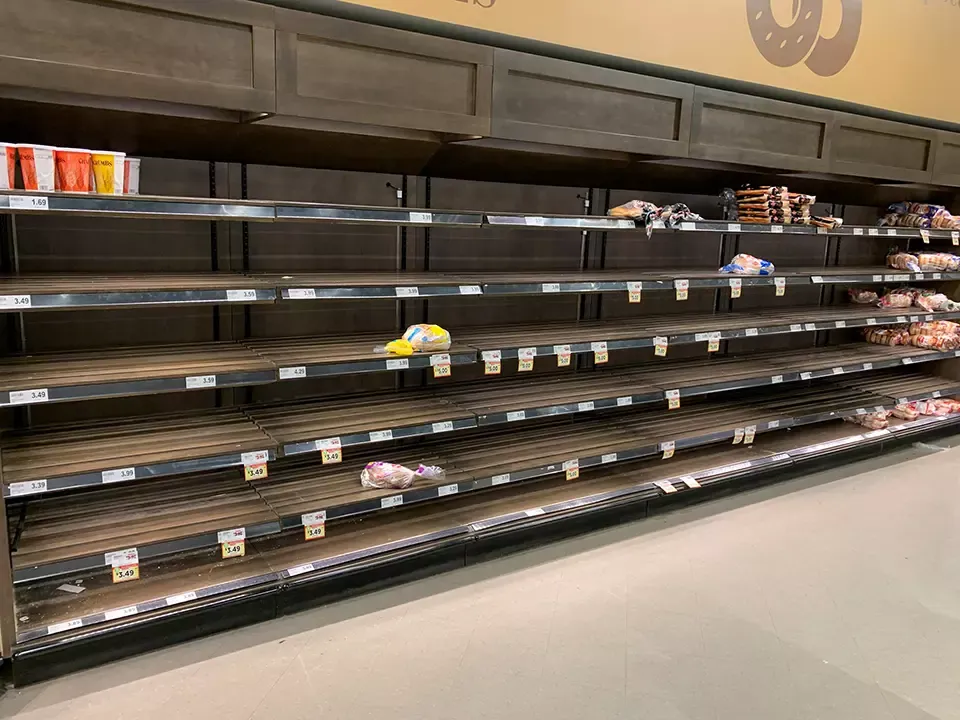Quick bump: Incentivize or starve

Citizens of the Soviet Union suffered terrible shortages of basic goods as long as their government existed. It's rumored they joked about their government's grotesque talent for causing these shortages:
"What would happen in Saudi Arabia if communism triumphed there?
First, shortage of oil.
Later, shortage of sand."
People respond to incentives. If they aren't incentivized to work, they won't. If people don't work, there are shortages.
Incredibly, this is even true of the goods most essential to survival: food. When governments remove the incentives to work, people starve.
The Soviet Union, Cuba, and Venezuela are modern examples of mass hunger caused by collectivism. Thankfully charitable neighbors and daring entrepreneurs in the black market have saved countless people from starving to death. Not everyone is so lucky.
The early colonists at Plymouth and Jamestown practiced communism and suffered mass starvation as a result. Only about 10% of the population of Jamestown was still surviving when they abandoned communism. After people were allowed to keep what they grew, there was "plenty of food".
Incentives matter. Incentives encourage work, work creates wealth, wealth helps humans live better. Good incentives very directly encourage the building of civilization itself.
Good governments do not diminish people's incentives to work and benefit others.
